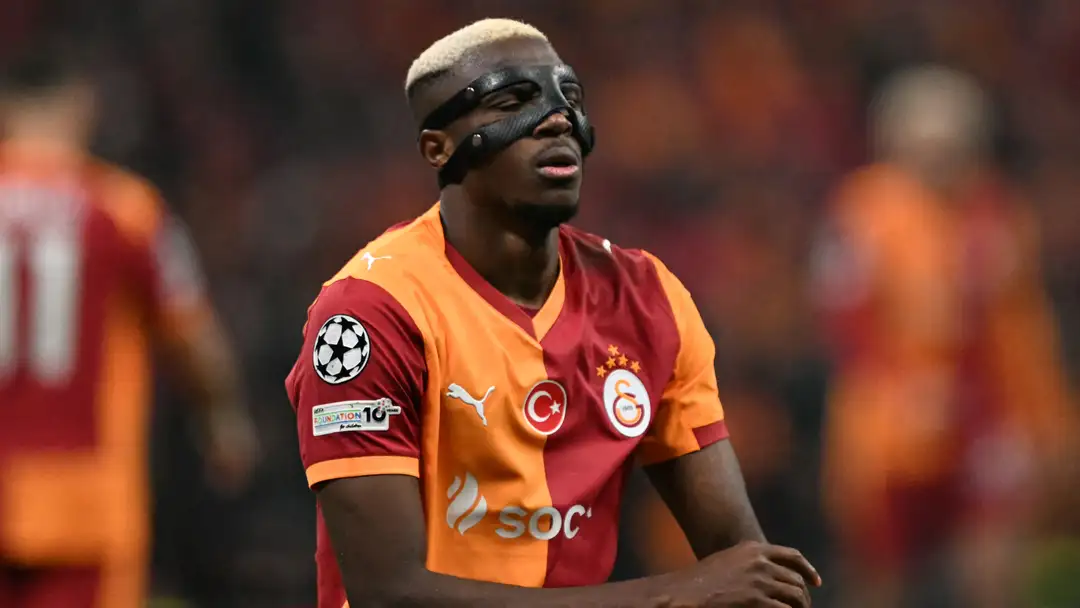
Victor Osimhen Reveals He Was Forced to Sign for Napoli While His Father Was Dying
The Nigerian striker recounts a painful transfer saga filled with pressure, confusion, and loss
It’s been more than four years since Victor Osimhen became Napoli’s record signing, the young Nigerian striker arriving from Lille in a deal worth around €80 million. On the pitch, it looked like the start of a dream — a player with raw energy, blistering pace, and an eye for goal joining one of Italy’s biggest clubs to make history.
But behind the headlines and celebration photos, a darker story was unfolding. One that, as Osimhen now reveals, involved emotional blackmail, family tragedy, and a complete lack of control over his own future. Speaking to Italian authorities amid the ongoing capital gains investigation into Napoli’s 2020 transfers, the striker shared a side of the deal that few could have imagined — a transfer that he says happened while his father was dying, and one he never truly agreed to.
A Transfer Signed in Pain
The summer of 2020 was a chaotic time for football. Stadiums were empty, leagues were restarting after the first wave of the COVID-19 pandemic, and clubs were desperate to balance their books. For Lille, selling Osimhen was both a financial necessity and an opportunity. For Napoli, it was the perfect moment to secure a top striker.
But for Osimhen, it was a moment of mourning.
“My father was dying at that time,” he reportedly told investigators. “I wasn’t thinking about football, I just wanted to be with him.”
Instead, his world became a whirlwind of phone calls, negotiations, and pressure from all sides. His then-agent, Jean Gerard, along with Lille’s sporting director Luis Campos and club president Gerard Lopez, had already been in deep discussions with Napoli. Osimhen says he was barely informed.
“I knew nothing about it,” he recalled. “They told me there was already an agreement in principle and that it would be a good deal for Lille. But I just wanted to know how my father was doing.”
Days later, his father passed away. For most people, that would have meant time to grieve. For Osimhen, it only brought more chaos.
“They Wanted Me to Leave for Naples the Next Day”
The striker remembers those days vividly. “I was extremely angry,” he said. “I hadn’t even been able to see him before he died. And then they told me I had to leave for Naples the next day — they didn’t even realize what had happened.”
Still grieving, Osimhen travelled to Italy. He met Napoli’s coach, who presented the club’s project, and later sat down with president Aurelio De Laurentiis on the island of Capri. “He told me about the city, the club, the fans,” Osimhen recalled. “But I didn’t understand what he was saying to Giuntoli because they were speaking Italian.”
When De Laurentiis asked if he had seen the contract, Osimhen was confused — because he hadn’t.
The deal, one of the biggest in Serie A that summer, was being negotiated in rooms where he had little or no say. Napoli’s president wanted the move done quickly. Lille needed the money. His agent saw a huge payday. Osimhen was caught in the middle, his grief and uncertainty exploited by those who claimed to represent his interests.
The Missing Contract
At some point, Osimhen began to ask questions. “I told my agent I wanted to see the draft of the Napoli contract,” he said. “He told me there was no draft yet. But De Laurentiis insisted that there was one. I didn’t know who was telling the truth.”
Eventually, his agent handed him what Osimhen described as “a piece of paper, a pseudo-agreement.” It wasn’t an official contract. It wasn’t even clear what terms it contained. “That’s when I started feeling like something was very wrong,” he said.
He considered walking away entirely. He wanted to return to France, to take a break, to process everything. But by then, the pressure was overwhelming. Club executives, agents, and intermediaries had invested months into the deal. Backing out wasn’t an option they were willing to entertain.
“I felt trapped,” Osimhen said. “Everyone was pushing me to sign. I didn’t even know what I was signing.”
Cutting Ties and Signing Under Pressure
Realizing he could no longer trust his agent, Osimhen made a difficult decision — he fired him. In his place came William D’Avila, who was brought in to handle what was left of the negotiations. By late July 2020, the deal was finalized.
“I signed the contract in Lille,” Osimhen explained. “It was me, Maurizio Micheli from Napoli, Lopez, Ingla, Calenda, D’Avila — they were all there. I signed, but I was still angry. Angry about how it happened, about what I lost, about how little control I had.”
That moment, meant to be the start of a bright new chapter, was instead tainted by grief and mistrust.
The Human Cost of a Mega Transfer
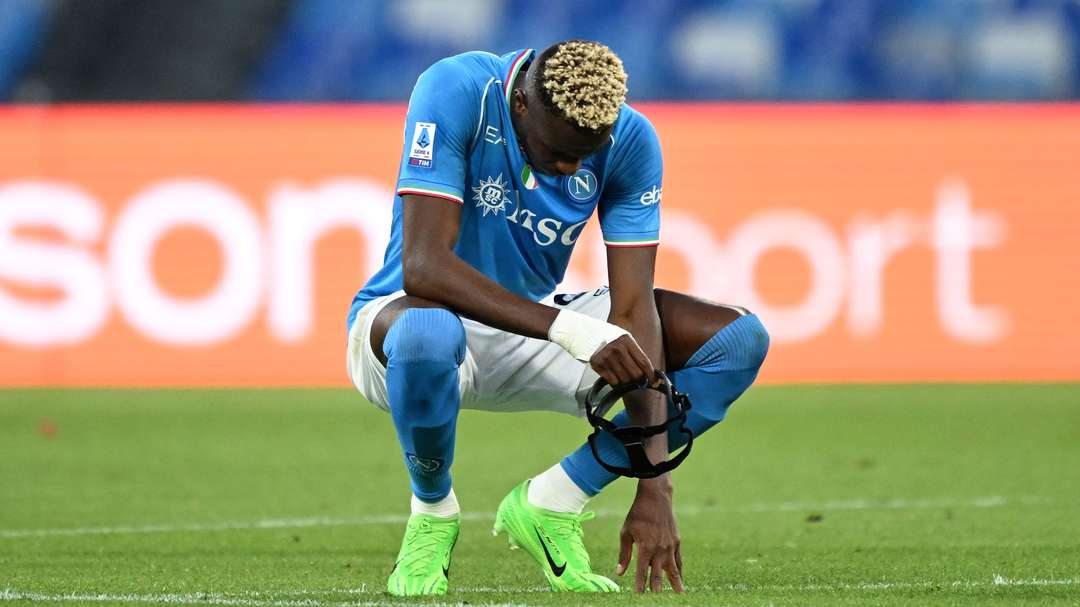
Victor Osimhen
In hindsight, the 2020 transfer looks less like a triumph and more like a cautionary tale. Osimhen, then only 21, had just lost his father, the most important person in his life. He was trying to process that pain while powerful people pushed him through one of Europe’s biggest transfers.
To the world, it was business as usual — another record-breaking move in the high-stakes world of football. But for Osimhen, it was deeply personal.
The Nigerian would go on to become a hero in Naples, leading the club to its first Serie A title in over three decades. His performances — explosive, fearless, relentless — turned him into one of the most admired forwards in Europe. Yet even as he celebrated those victories, the scars from that summer remained.
A Scandal Still Unfolding
Now, years later, that transfer is back under the microscope. Italian authorities have been investigating Napoli and several other clubs for alleged false accounting linked to inflated player valuations. Osimhen’s move is at the center of it.
According to reports from La Repubblica, Osimhen’s testimony has become a key part of the ongoing probe. He has cooperated fully, describing in detail how the move was orchestrated and how he felt excluded from the process.
For him, it’s not just about legal clarity — it’s about truth. About finally telling his story on his own terms.
“I just want people to know what really happened,” he told investigators.
Beyond the Numbers
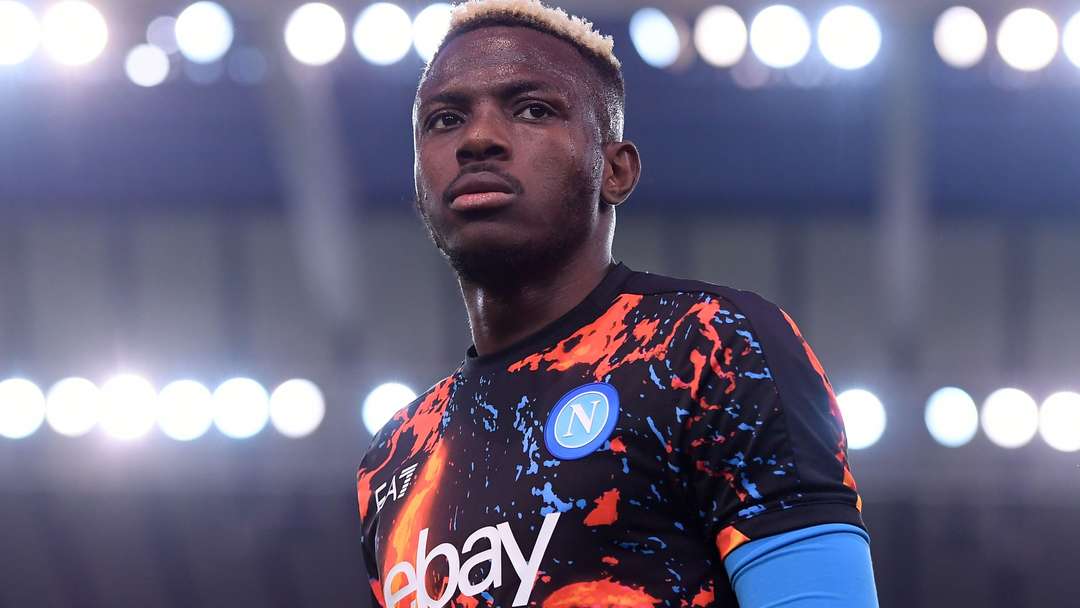
Victor Osimhen
Football often celebrates transfers as trophies in themselves — proof of a club’s ambition, a player’s rise, or an agent’s influence. But behind the numbers and press conferences are human beings, often young, often vulnerable, navigating a world run by money and pressure.
Victor Osimhen’s story is a reminder of that. A reminder that not every signing is a dream come true, and not every success begins with happiness.
For all the goals he’s scored and the history he’s made in Naples, there’s a part of his journey that remains painful — a part signed not in triumph, but in sorrow.
From Chaos to Triumph
And yet, somehow, Osimhen turned that pain into power. The same resilience that carried him through poverty and tragedy in Nigeria helped him survive the darkest days of his career.
When he finally stepped onto the pitch for Napoli, he wasn’t just playing for the club or for the fans — he was playing for his father, for the version of himself that had been silenced in 2020.
Today, as one of Serie A’s biggest stars and a national hero in Nigeria, Osimhen stands as proof that even when football breaks your heart, it can also offer redemption.
His story — part tragedy, part triumph — is more than a transfer tale. It’s the human side of football that rarely makes the back pages.

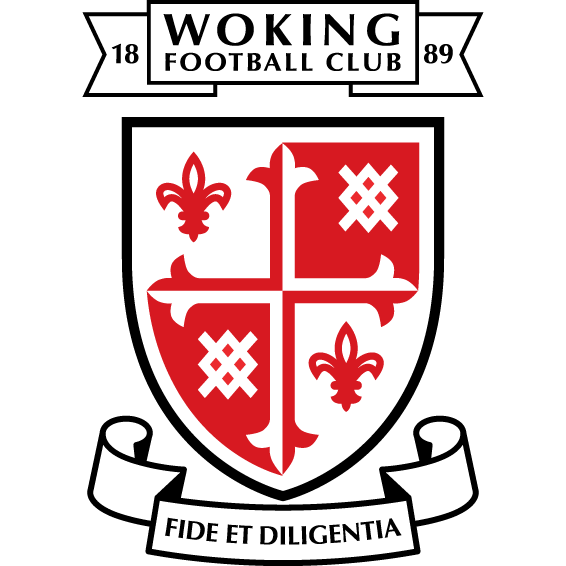




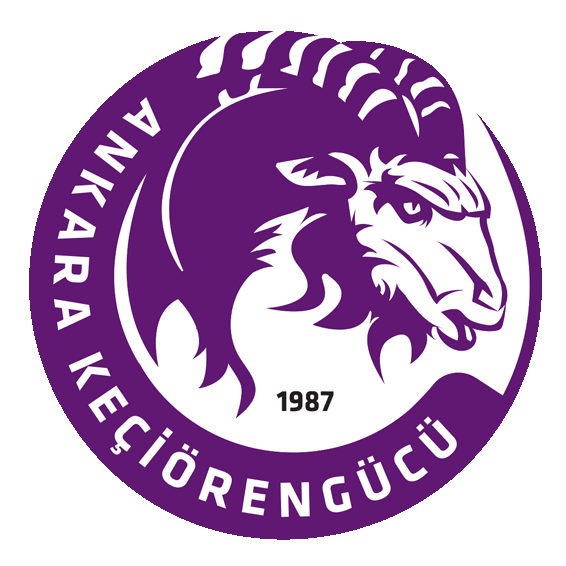

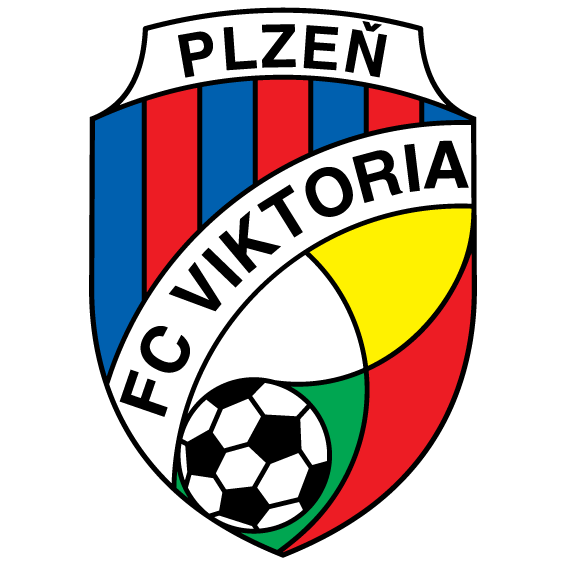
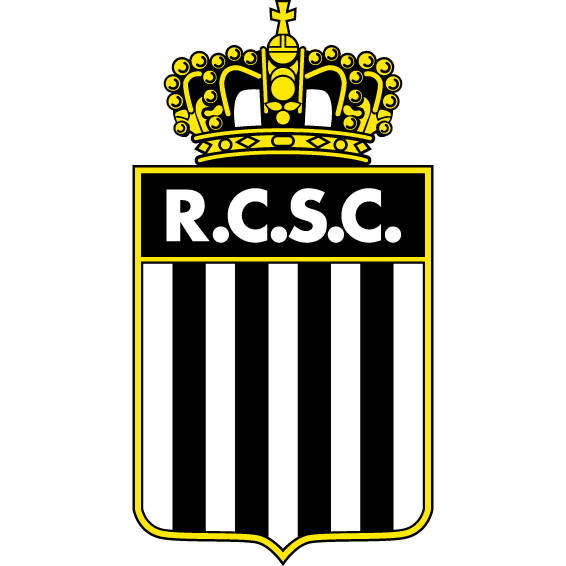


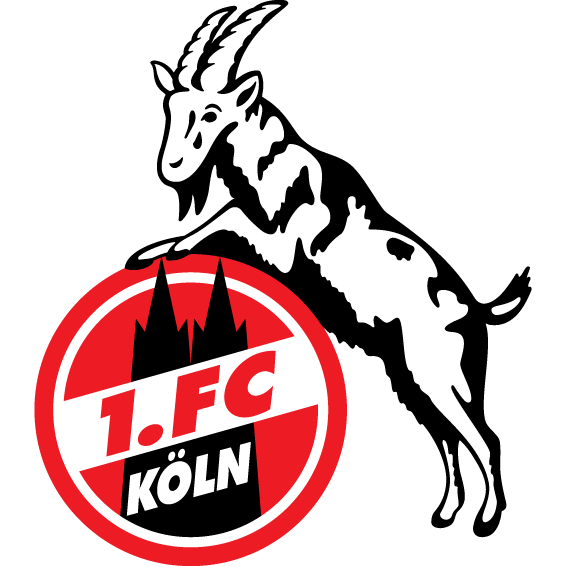




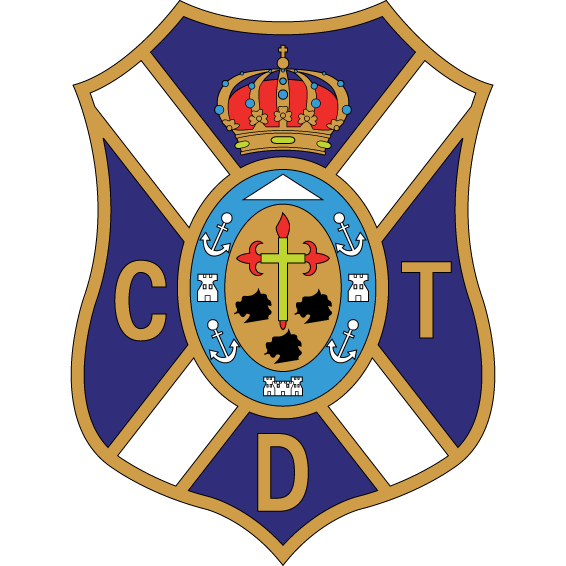
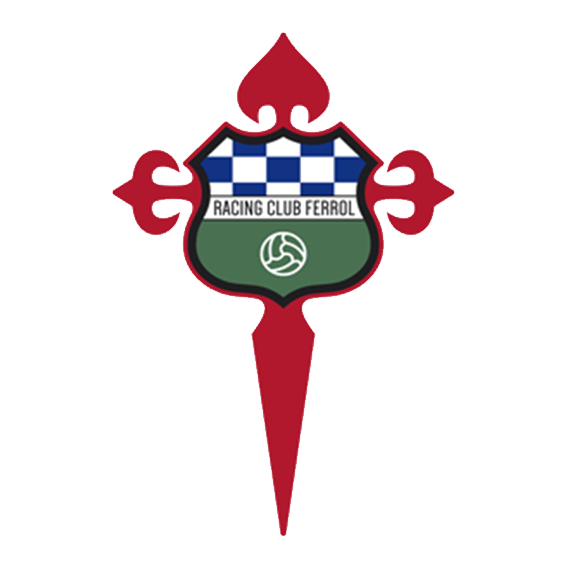




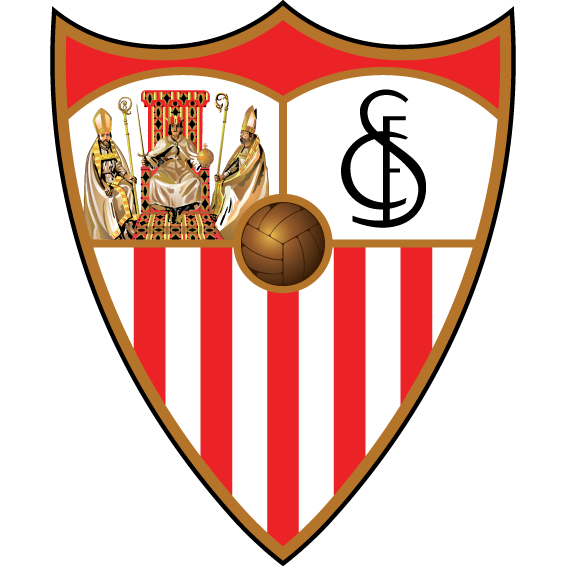

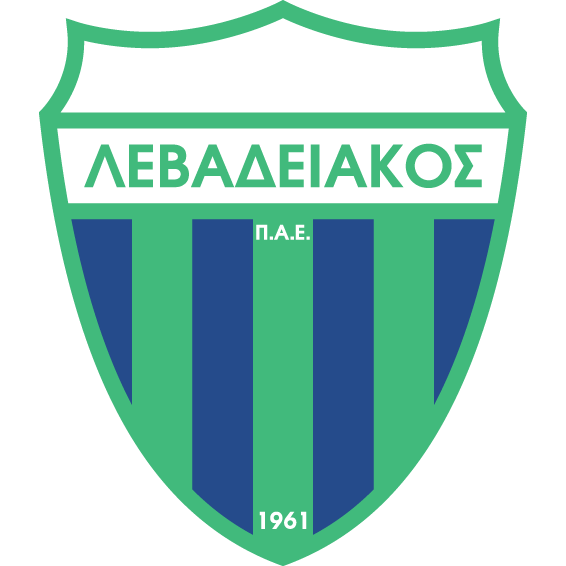
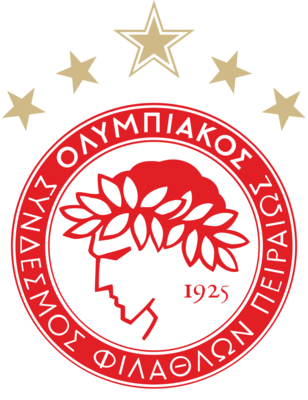



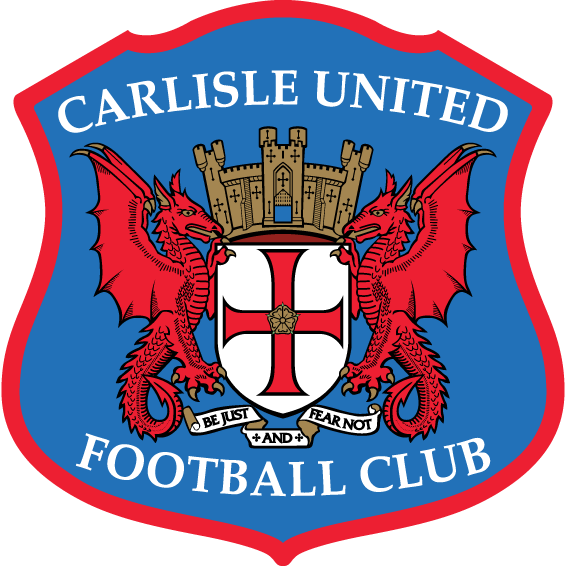










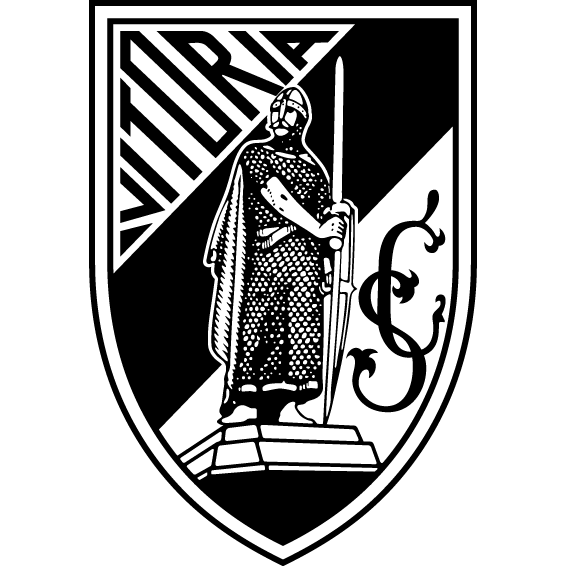

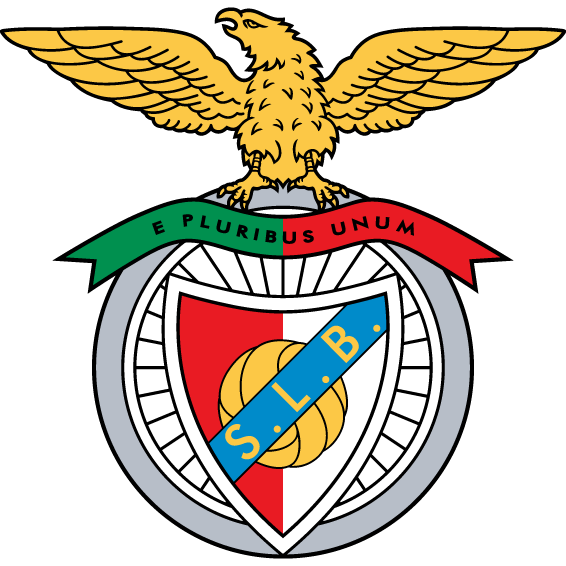
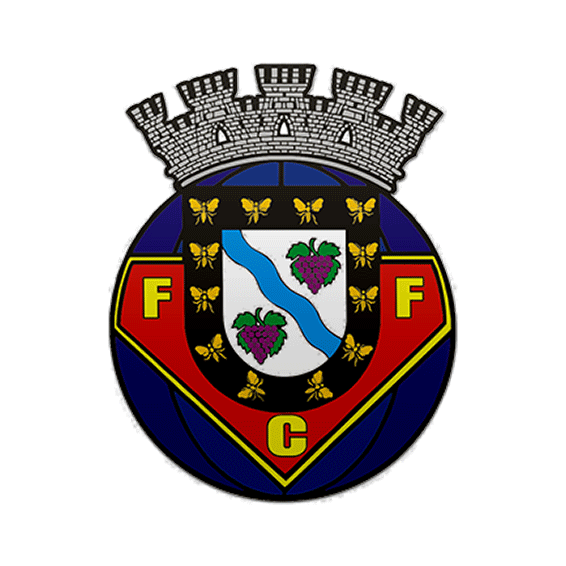

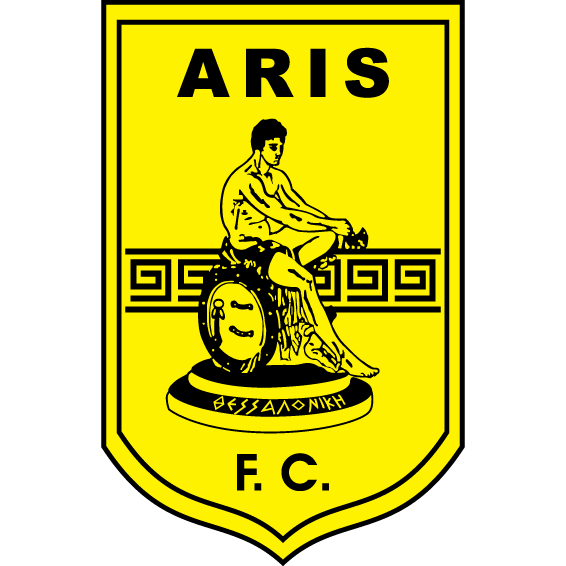


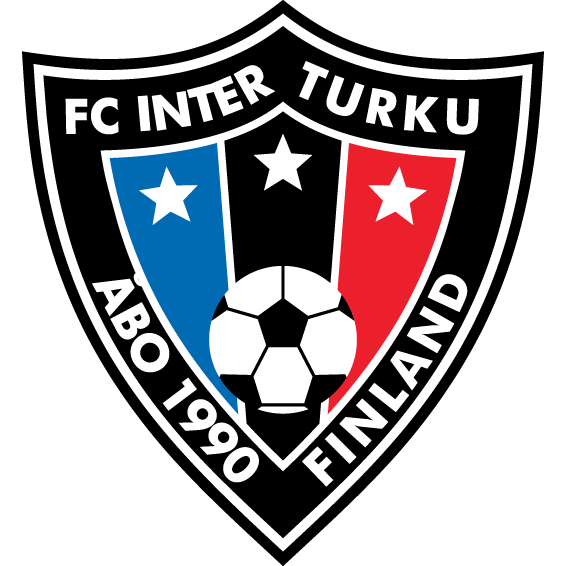
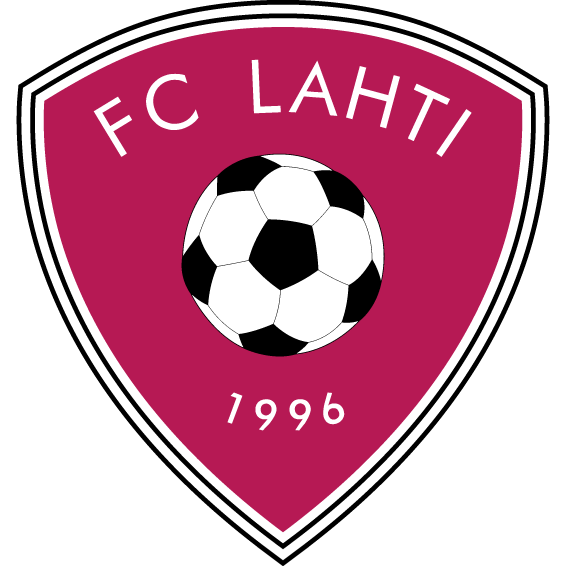












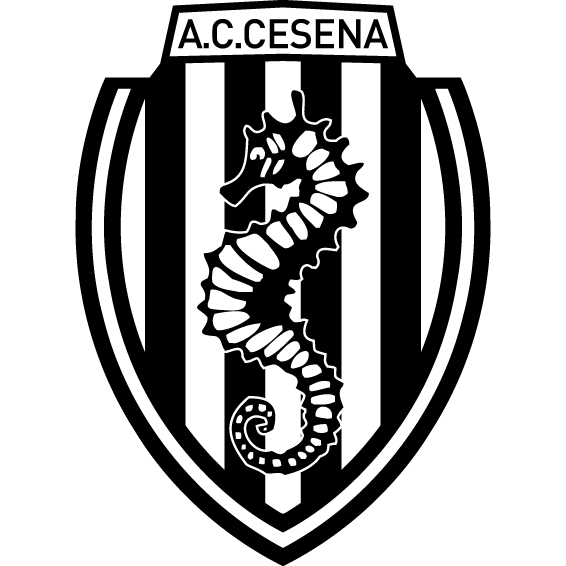

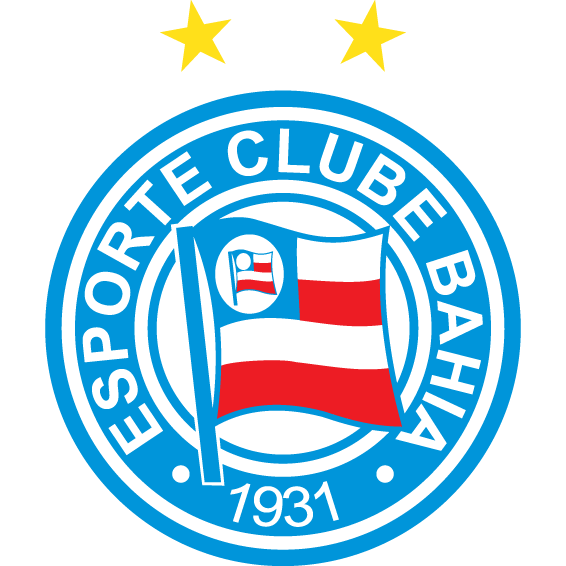









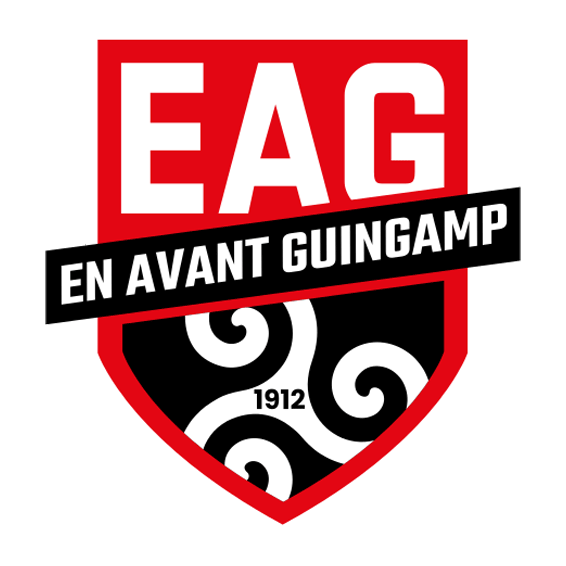



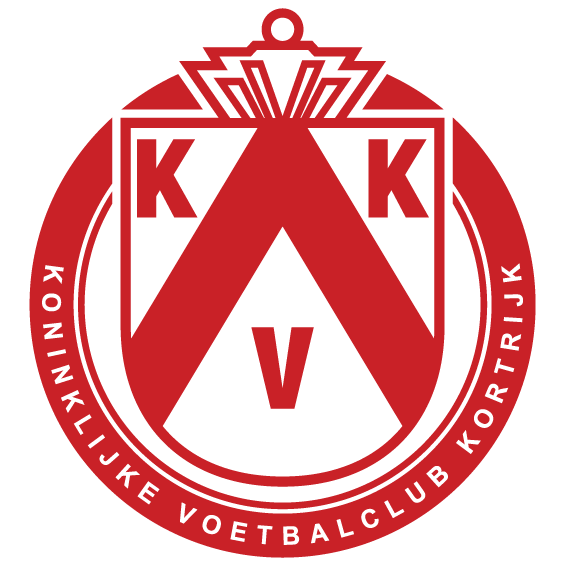

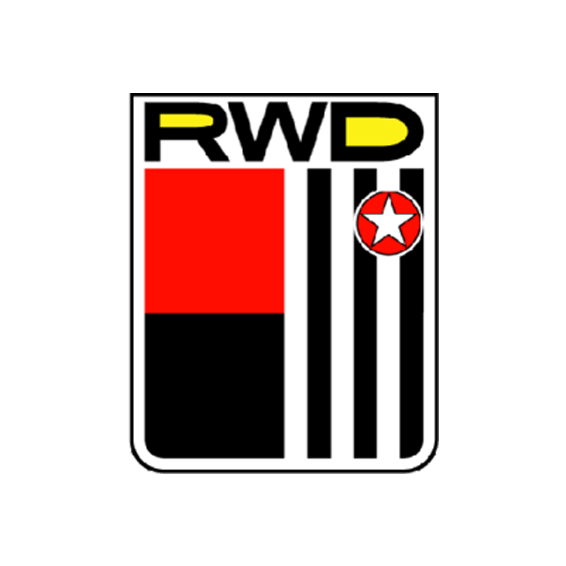


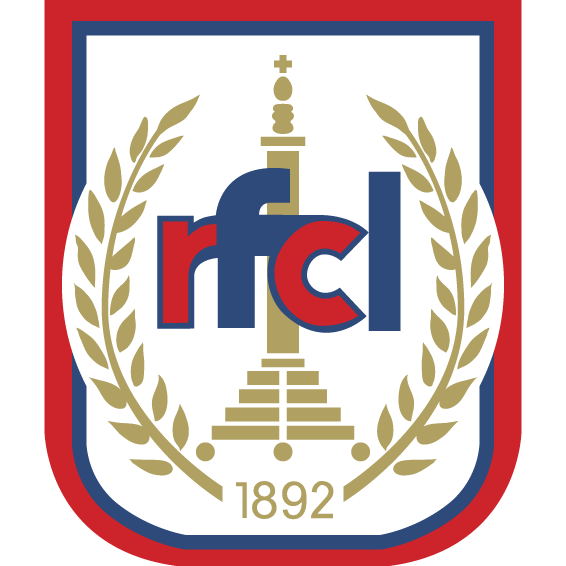










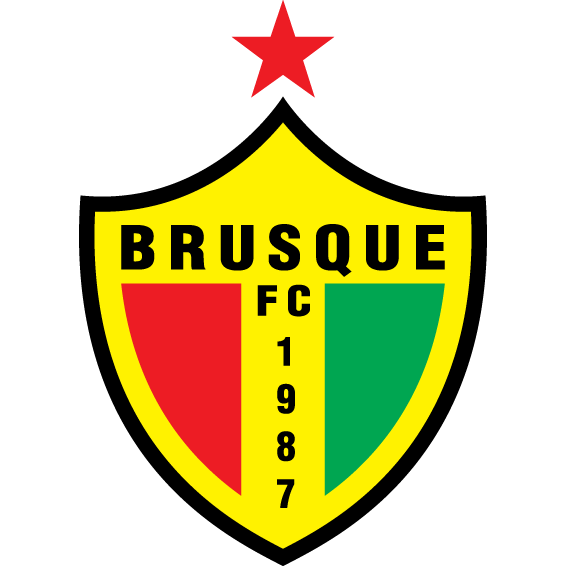




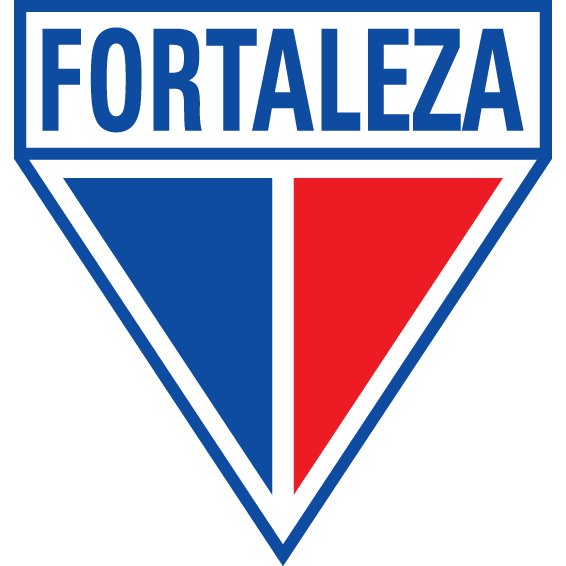
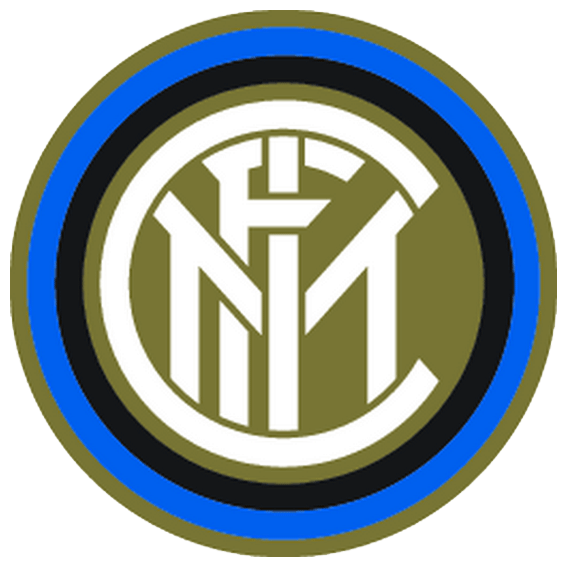
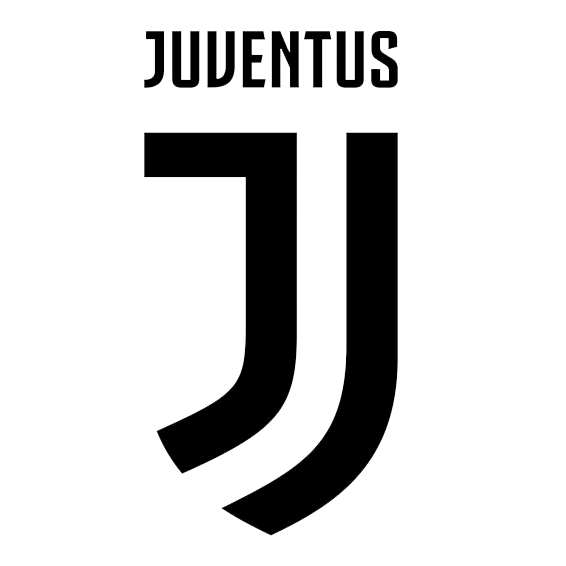
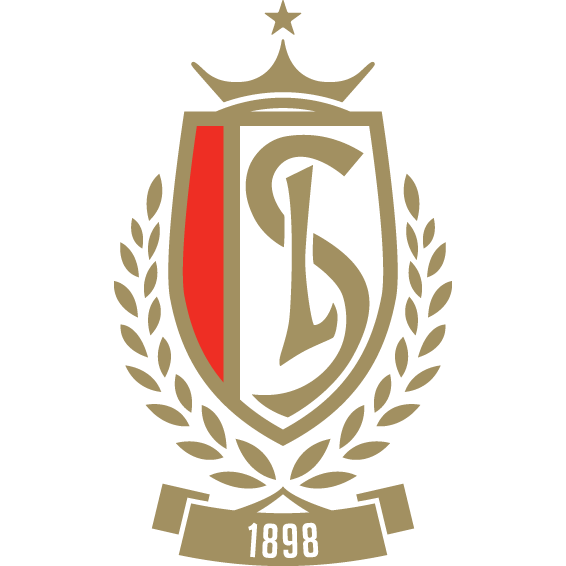
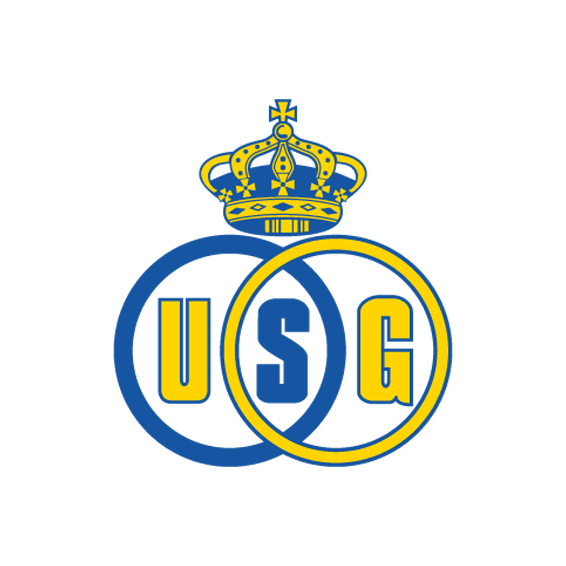
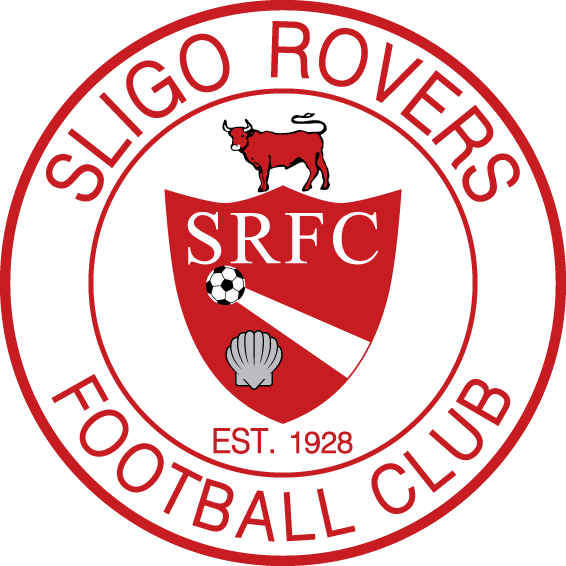
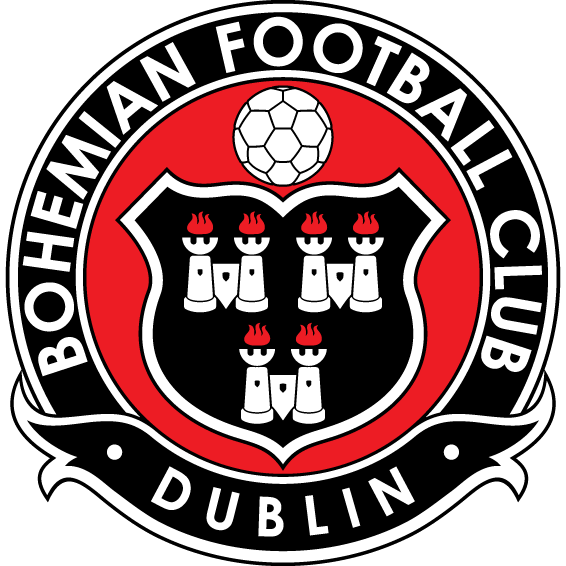
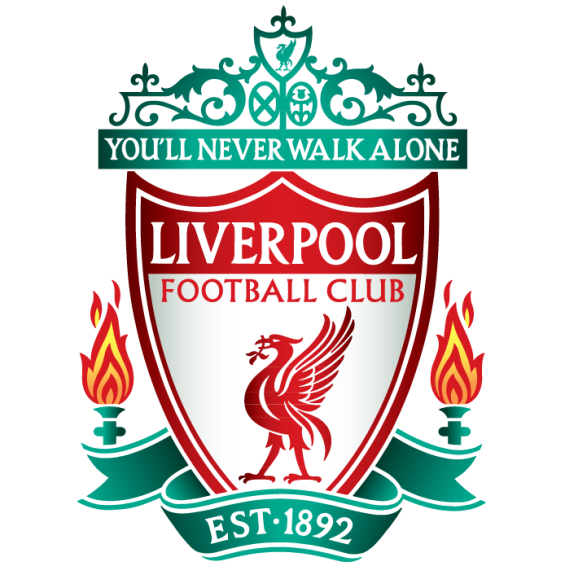

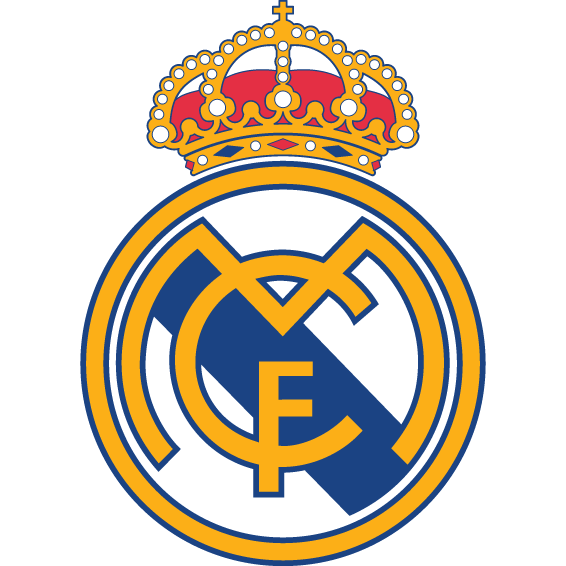
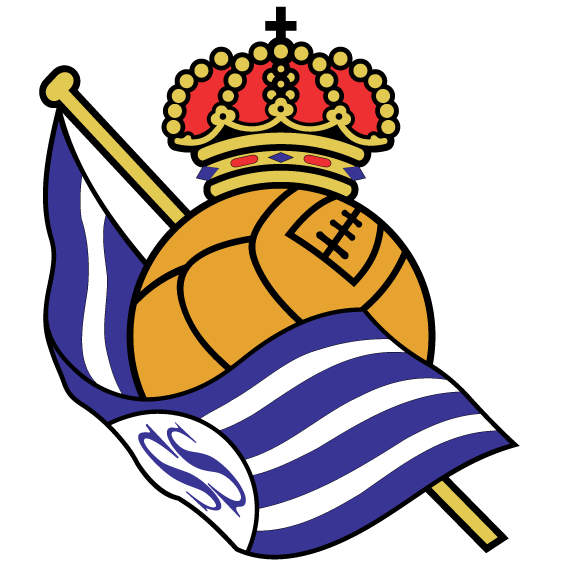
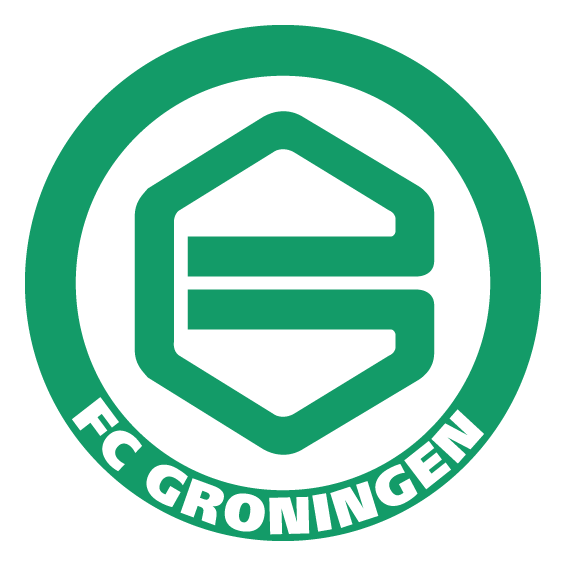



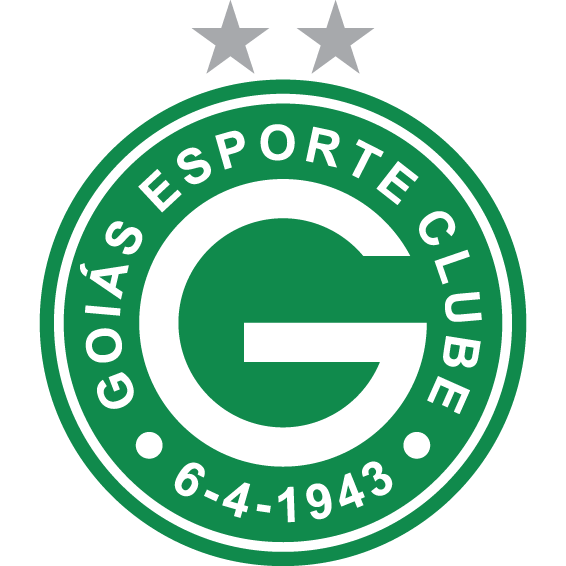
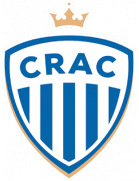
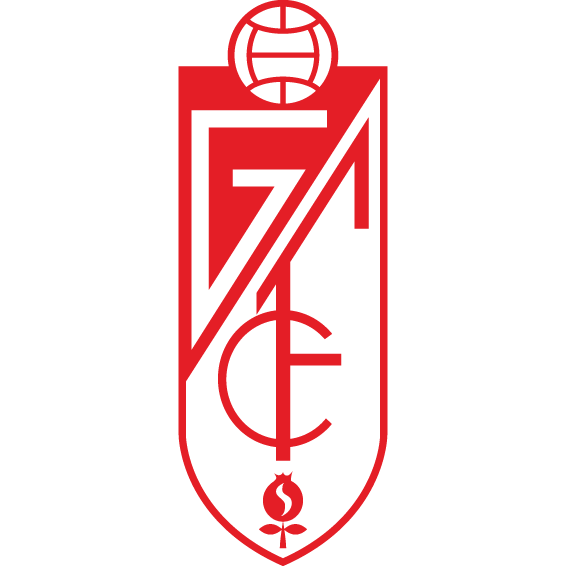
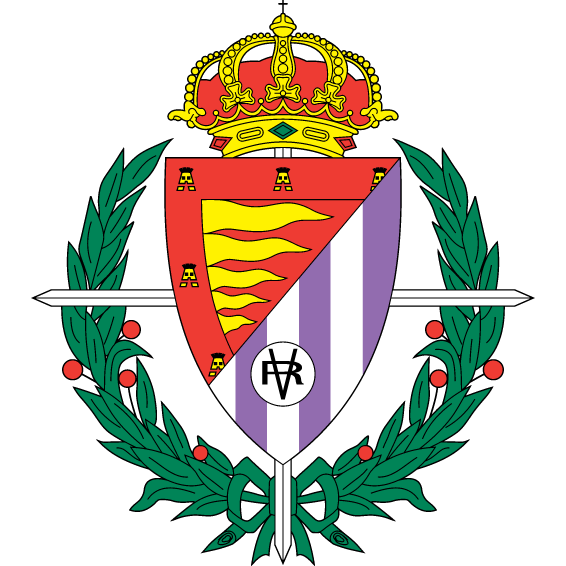



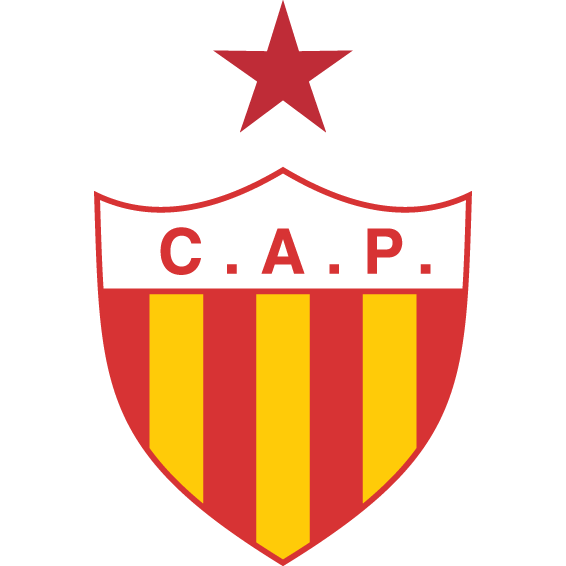
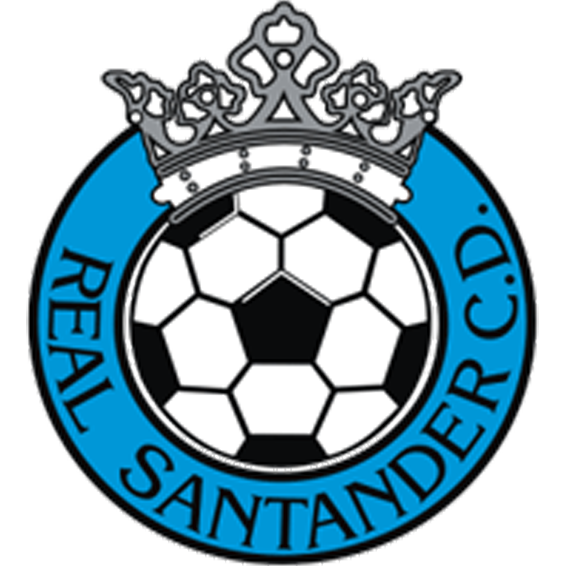







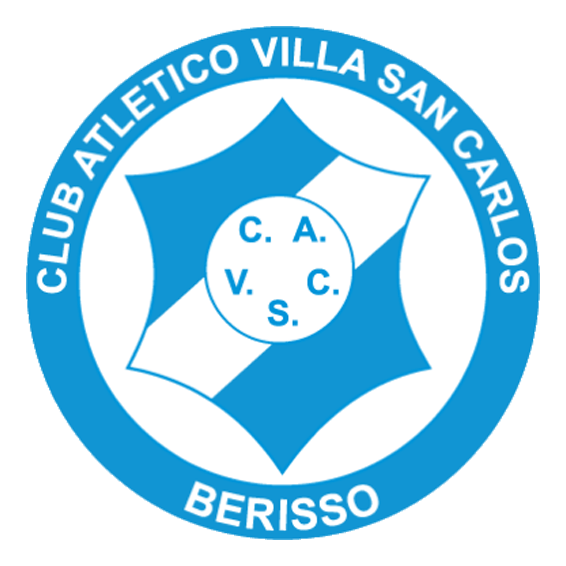

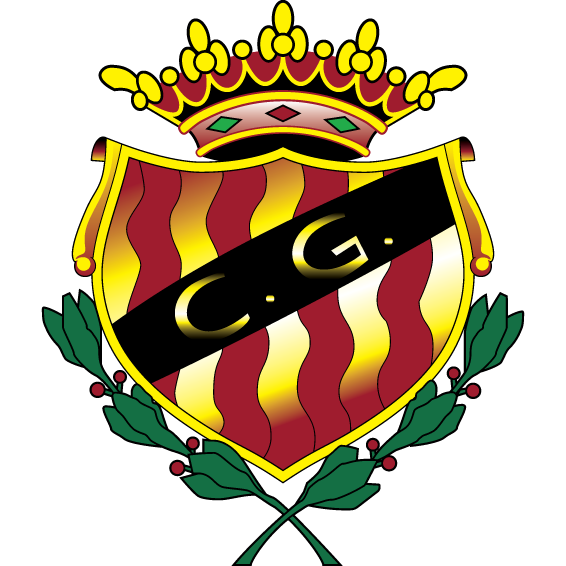
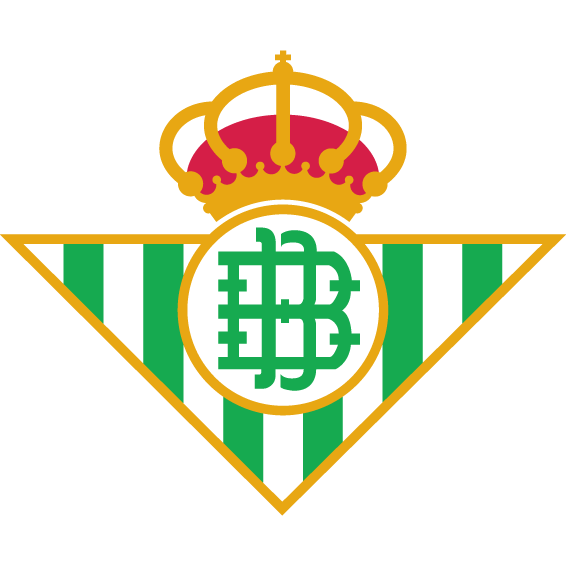

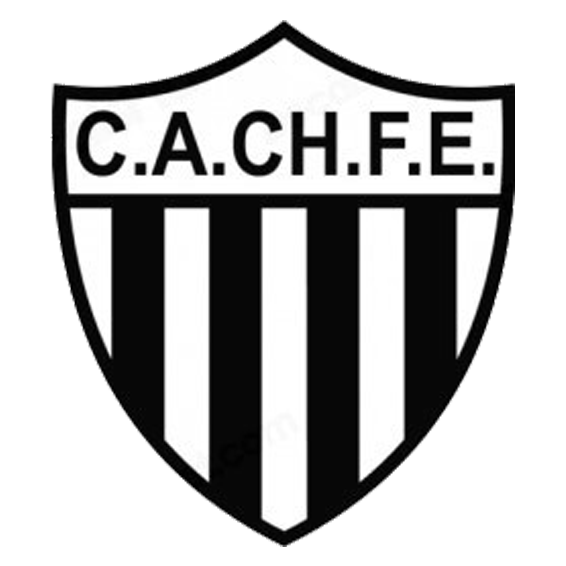

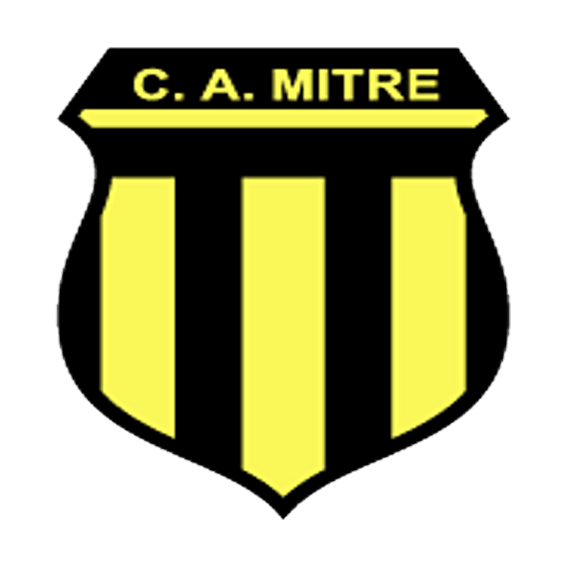


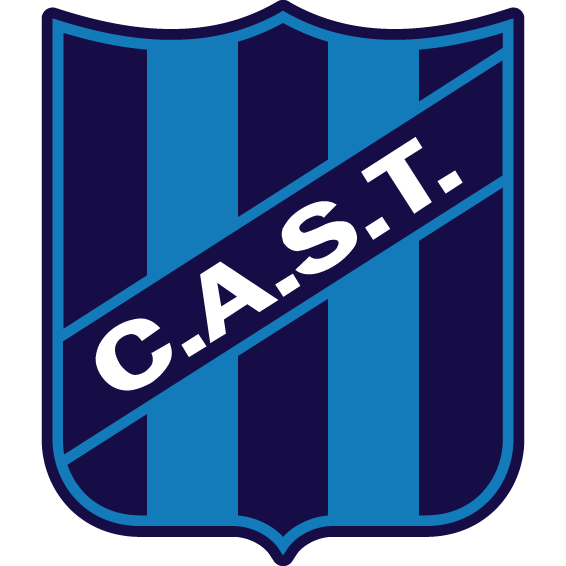






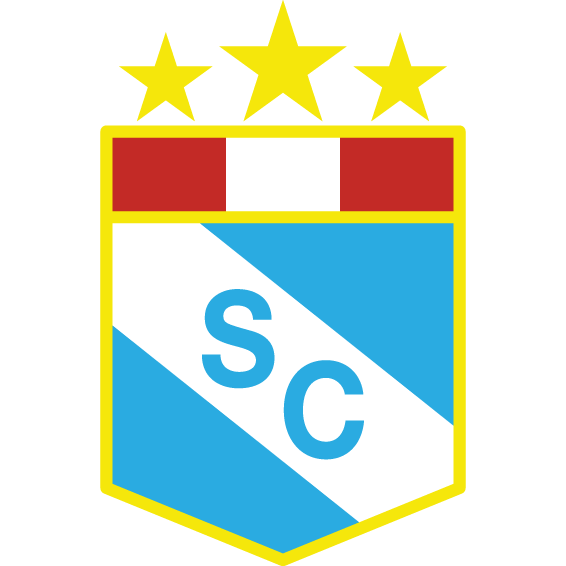
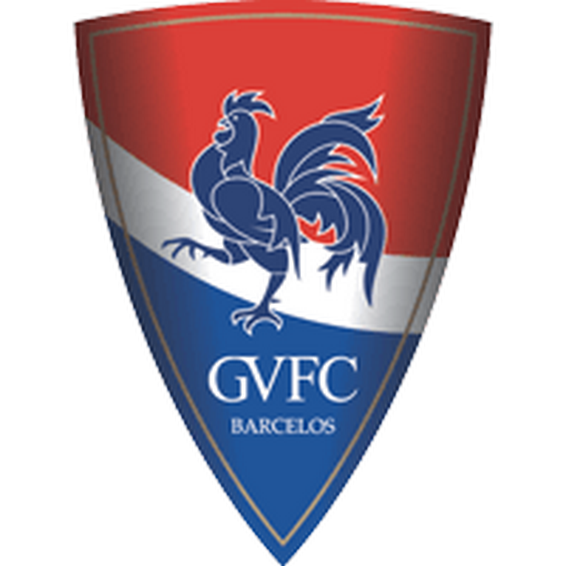
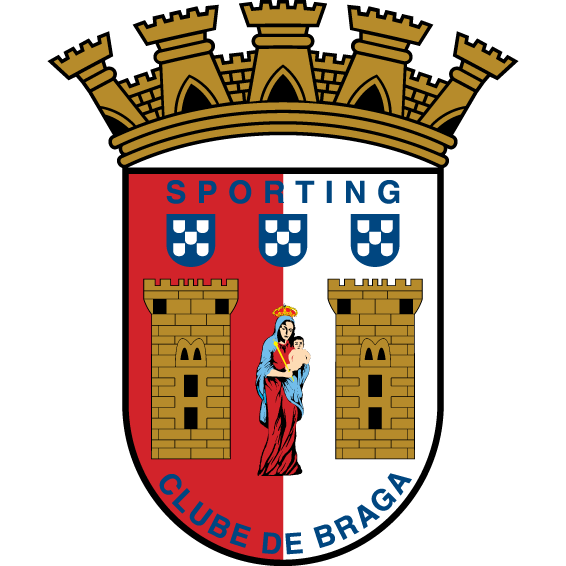

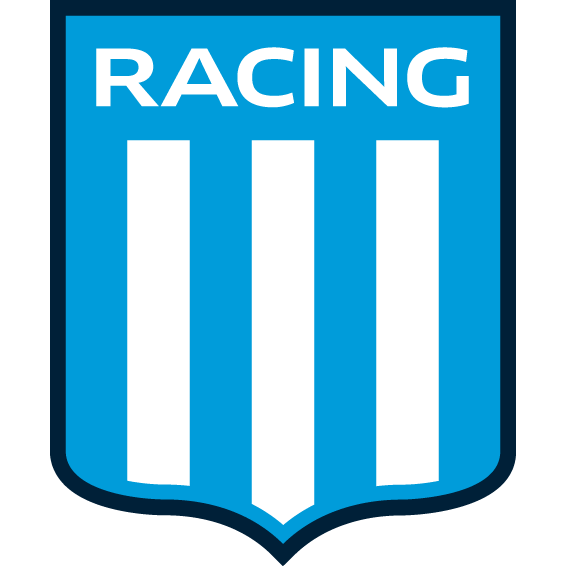

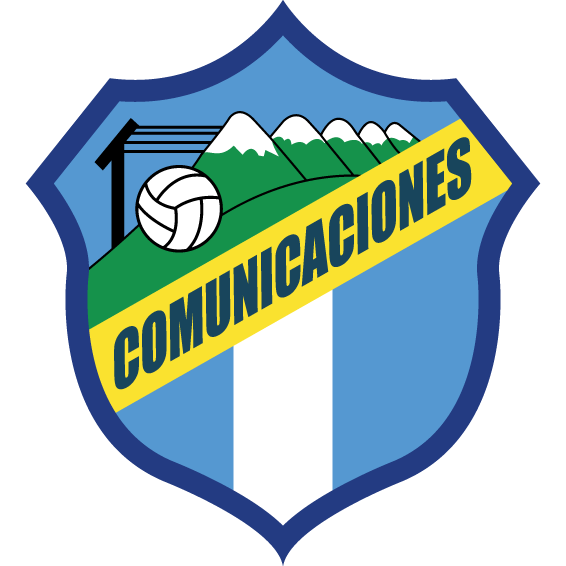

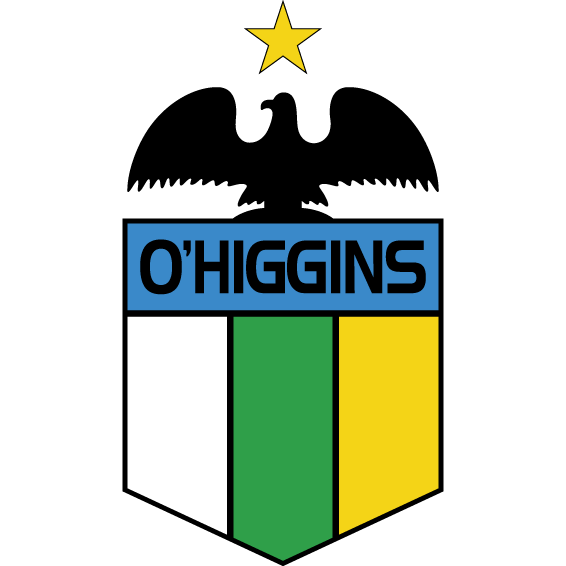

































There are no comments yet. Be the first to comment!